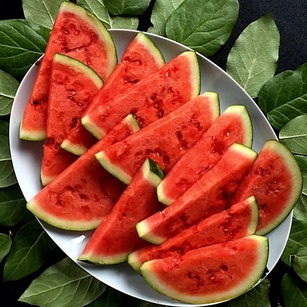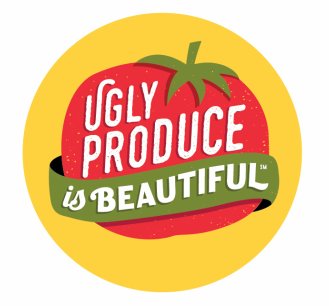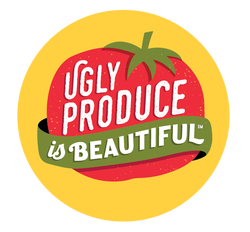 by Sarah Phillips, CEO and founder, Ugly Produce is Beautiful Have you ever noticed all of the seedless watermelon for sale in the supermarkets and grocery stores? What happened to their seeds? Science and agribusiness happened. Big business claims that consumers asked for their seeds to be eliminated. But no one ever asked me about this. Did they ask you? I never thought that seeds in watermelons were such a big issue in life. Who decided to take them out, spend millions of dollars on developing a seedless variety, and then spend millions on convincing us about the benefits of having fruit without seeds? The advertising pitch I've read is that seedless varieties easier to eat and more convenient to prepare. But I never complained to anyone. Did you? Along with watermelons, now, common varieties of seedless fruits include tomatoes, grapes, and bananas. Additionally, there are numerous seedless citrus fruits, such as oranges, lemons, and limes. They have been developed because the media says that the demand is there from consumers. I never demanded this? Have you? The danger in creating seedless fruit is that we have to rely upon hybridized and trademarked plants for our food, rather than seeds from nature. This places nature and our natural food sources in the hands of big business and science, and eliminates biodiversity. We become reliant upon an unnatural system to be able to feed ourselves. Plant cloning in science labs is what can produce more plants, no longer done with seeds in nature. We have to then buy nature, rather than simply using it to grow food. This type of food system has also proven to be dangerous. If a plant variety gets an incurable disease, such as what is happening to the Cavendish banana, there isn't new plant DNA readily available to start a new viable banana crop because the seeds are gone. The Cavendish, our popular eating banana, may go extinct in 5 to 10 years. Scientists are scrambling to develop a new eating banana variety that can withstand being shipped long distances to markets around the world that the public will accept. It takes years and sometimes decades to develop such a plant, if they can at all. Are creating seedless varieties worth all this for the future of our natural planet? No one ever asked me whether or not I minded having seeds in my fruit. Besides, the term "seedless fruit" is biologically somewhat contradictory, since fruits are usually defined botanically as mature ovaries containing seeds. Join UPIB and follow @UglyProduceIsBeautiful on Instagram.
1 Comment
Genesis 1:11, 12
Reply
Leave a Reply. |
UPIB BLOGWelcome to the Ugly Produce is Beautiful Blog where we discuss important topics. Archives
November 2016
Categories |
|

 RSS Feed
RSS Feed
